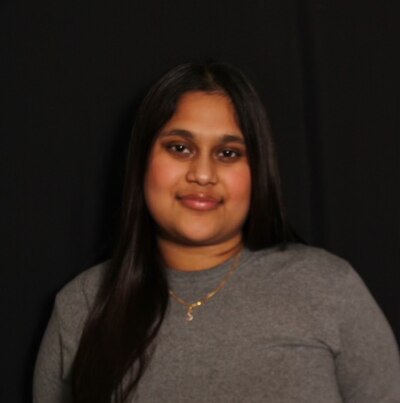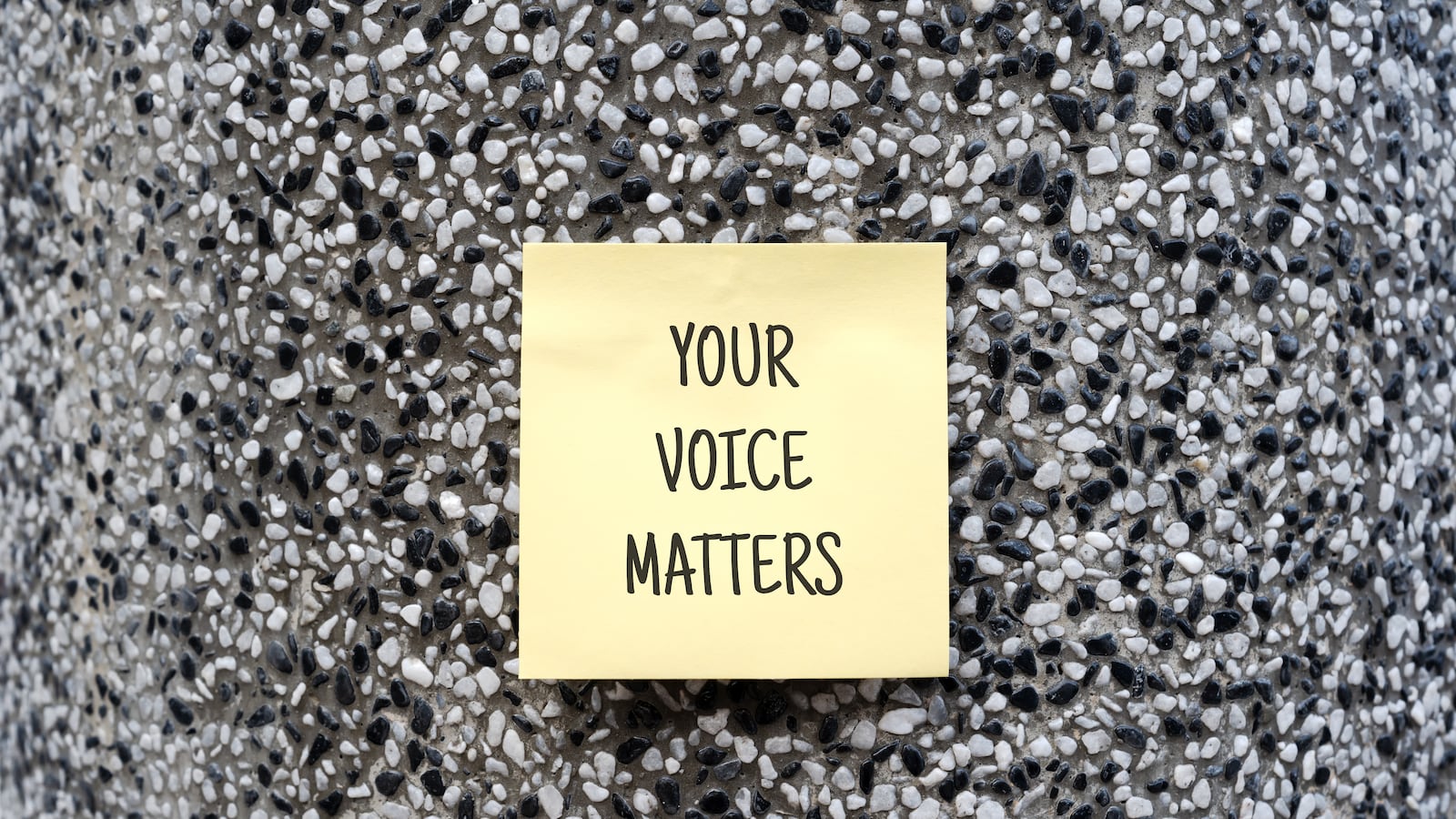When I was younger, I’d walked past “expensive buildings” in Manhattan and couldn’t fathom being allowed inside. These lavish skyscrapers represented what felt out of reach for me — money, success, fitting in.
However, years later, there I was, heading to the Opportunity Network, or OppNet, a college and career readiness program on the sixth floor of a fancy building in Manhattan’s Financial District. It felt great to waltz in wearing jeans and a t-shirt and hand my ID to the security desk. Sometimes, I’d get a pass to scan — how cool is that?
But then I’d look around in the lobby. I didn’t see many faces like mine, and everyone was in business clothes. That’s when the imposter syndrome kicked in. Maybe I didn’t belong here. Nervousness built up in my body. Am I underdressed? Is everyone here rich? Questions ran through my head a mile per second.

Getting into OppNet and other prestigious programs took a lot of personal drive. I applied to OppNet during my sophomore year of high school, as I struggled with school and fell behind on assignments. I was mourning my father’s death, and grief was taking a toll on me.
My school counselor reached out to tell me OppNet had extended its application deadline. My motivation was low, but I knew that future-me needed this. I forced myself to apply. I was surprised — and then scared — when I found out I made it to the interview round.
I was nervous in the group interview setting. There were more than 10 of us from a mix of different backgrounds. One OppNet staffer asked me a question about something on my application. I told him I had two older siblings, both of whom I am funnier than. His laugh put me at ease and built up my confidence for the rest of the interview. I must have done something right because I was chosen from among nearly 400 applicants as one of 174 New York City students to receive OppNet mentorship through high school, college, and beyond.
From then on, my thirst for success only grew. I hungered for new challenges, and that led me to apply to and be accepted to many more great programs, including Design Hive, Project Glimmer Empowerment Academy, America on Tech, Permira Scholars, and, yes, Chalkbeat’s Student Voices Fellowship.
All these programs helped me build skills and knowledge, and they led to self-discovery. I learned how to code, what investment banking and private equity are, financial literacy skills, how to design my own logo and mood boards, journalism basics, and more.
While scheduling meetings amid schoolwork and family obligations took a lot of effort, the programs helped me pour back into myself. I spent hours learning what I like to do and don’t like to do. I learned that I loved creating but that coding didn’t resonate with me. I joined multiple networks and communities all catered to helping teens thrive. In addition to distracting me from my grief, these programs set me on the right track with mentorship and a supportive community of people I related to because we were all from underrepresented communities.
This last point is important. As a Bengali girl from a low-income household, I didn’t see myself represented anywhere growing up. None of the Disney princesses looked like me. My favorite childhood TV shows like “iCarly” and “Wizards of Waverly Place” lacked faces like mine. I always wondered when it would be my turn, when I would see a Bengali Disney princess or high-profile Bengali character on TV.
I remember being upset when people would say how small a country Bangladesh is on the map. It felt belittling.
Research has shown that representation plays a big part in how people perceive themselves. When young people from marginalized communities see themselves represented in school lessons and in the media, including social media, it can improve their self-esteem and may help them feel seen and validated. I don’t need studies to tell me this. Without seeing people who looked like me onscreen or in the books we read at school, I often felt like an outcast, like my dreams weren’t tangible.
Through my participation in college readiness and career development programs, I learned about myself and was encouraged to speak up. I was shown how valuable my perspective as a Bengali woman from a low-income family — an intersectional identity that has shaped me — was to various conversations and situations. That validation encouraged my self-advocacy. Whether it was at school, during group projects, or in interviews, I have found a way to advocate for myself.
That brings me back to the self-doubt I had at the fancy Manhattan building. After I scanned the temporary pass that had my name and a barcode giving me access to the elevators, I made my way to the OppNet offices. Once I saw the faces of those who shared or understood my story, I felt my body shift. Tension released, and my shoulders relaxed. Maybe I do belong here, I thought to myself.
Shamima Ahmed is a senior at Central Park East High School and a 2023-24 Chalkbeat Student Voices fellow. She will be attending Babson College in the fall, and hopes to earn a degree in business with concentrations in entrepreneurship and business analytics. She aspires to be a business owner and start a clothing brand that focuses on inclusivity and equity.


